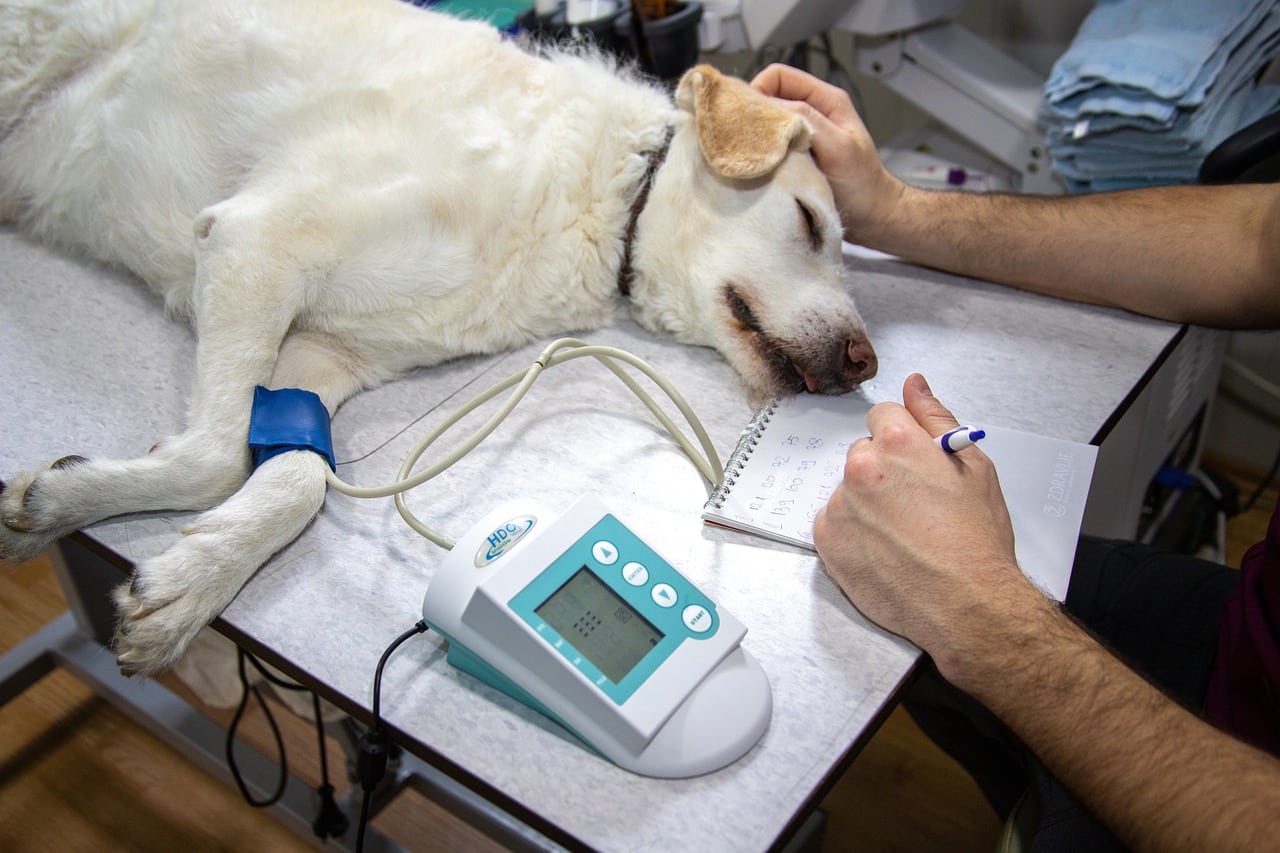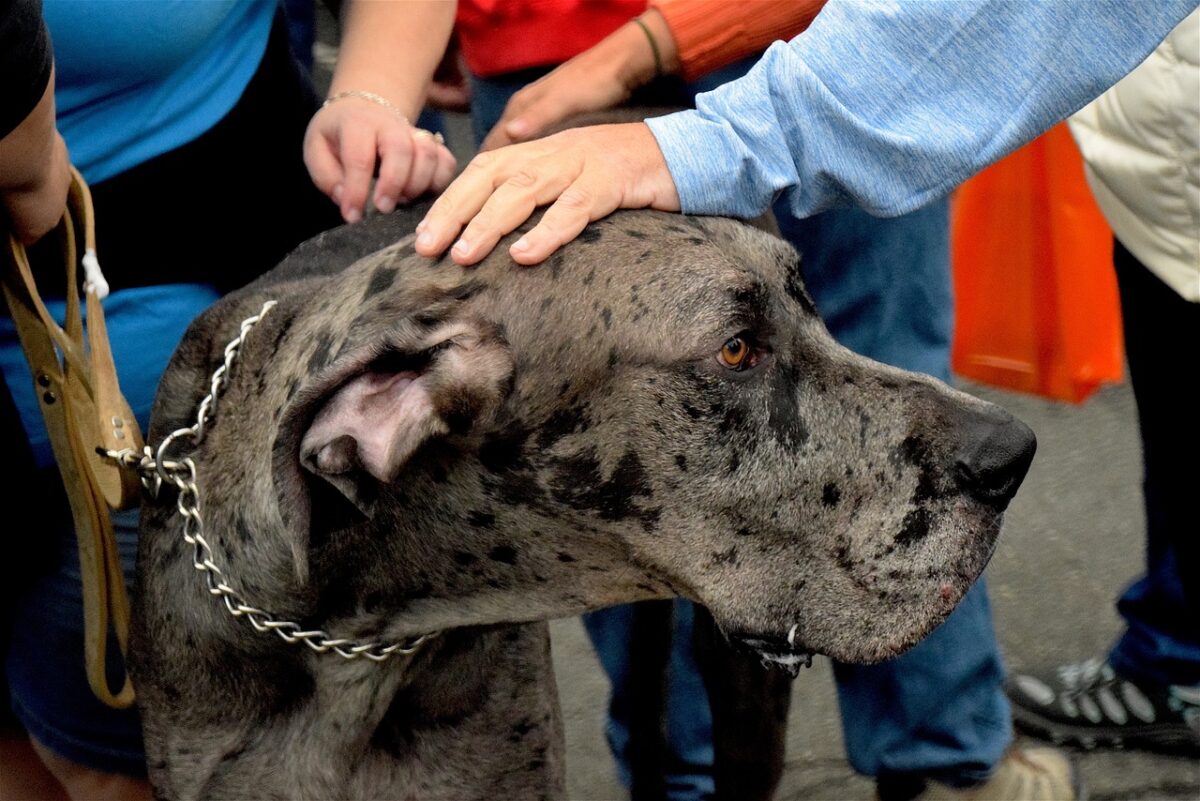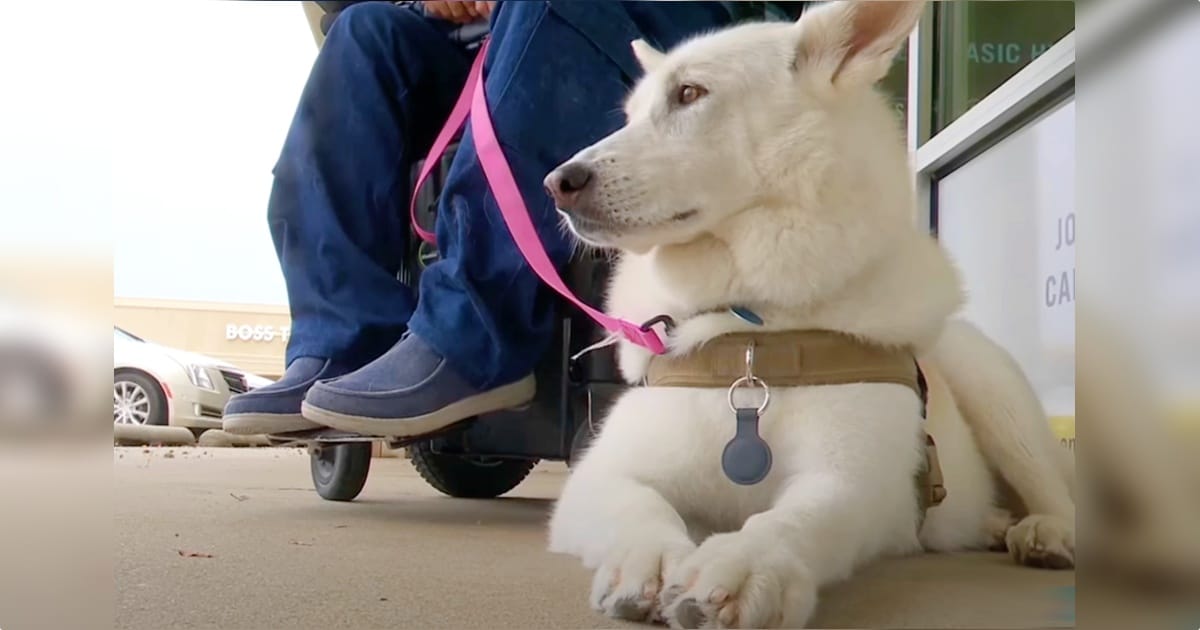 Shutterstock
Shutterstock
Granting dogs legal rights is a growing topic worldwide as people recognize the unique roles dogs play in society. With their intelligence, loyalty, and ability to form emotional bonds, dogs have become more than just pets—they’re family, protectors, and partners. Legal protections for dogs can enhance their well-being, strengthen the human-animal bond, and hold people accountable for acts of cruelty or neglect. Acknowledging dogs’ rights could lead to a more compassionate society that respects their important place in our lives.
Recognizing Their Emotional Capacity
 Shutterstock
Shutterstock
Dogs are highly sentient beings with the ability to experience complex emotions such as joy, sadness, fear, and affection. Numerous studies have shown that dogs can form emotional attachments, empathize with human emotions, and display behaviors indicative of love and loyalty. Recognizing their emotional depth through legal rights acknowledges that dogs are not mere property, but creatures with feelings and emotional needs. This understanding can pave the way for laws that protect their emotional well-being, ensuring they are treated with respect, empathy, and consideration for their mental health.
Protecting Against Abuse and Neglect
 Shutterstock
Shutterstock
Granting dogs legal rights is a vital step in protecting them from abuse and neglect. While animal cruelty laws exist, they often treat cases of abuse as property damage rather than direct harm to a sentient being. By recognizing dogs as beings with rights, legal systems can enforce stricter penalties for abuse, deterring mistreatment and ensuring that offenders are held accountable. Legal rights would make it easier for law enforcement to intervene in cases of neglect, requiring owners to provide adequate food, shelter, and veterinary care, and helping to protect dogs from harm.
Ensuring Access to Proper Medical Care
 Shutterstock
Shutterstock
Dogs, like humans, need access to medical care to live healthy, fulfilling lives. Legal rights could mandate that owners provide basic veterinary care, including vaccinations, regular check-ups, and necessary treatments for illnesses or injuries. This not only promotes the well-being of dogs but also reduces the spread of diseases, benefiting public health. In cases where owners neglect medical responsibilities, a legal framework can step in to ensure dogs receive the care they need. With legal rights, dogs would be more likely to receive the attention they deserve, enhancing both individual health and community welfare.
 Shutterstock
Shutterstock
Dogs deserve the right to live without unnecessary pain or suffering. Recognizing this through legal rights would mean that dogs are protected from harmful practices that cause distress, such as chaining, abusive training methods, or denying medical care. Legal protections would establish a standard of care that prioritizes a dog’s right to a life free from cruelty. Enforcing this right would not only prevent suffering but also encourage humane treatment practices, helping society to view dogs as sentient beings deserving of compassion and dignity.
Recognizing Their Value as Service and Working Animals
 Shutterstock
Shutterstock
Dogs play vital roles as service animals, therapy dogs, search-and-rescue workers, and even police K9s. Granting them legal rights acknowledges their contributions to society and the specialized training and dedication they provide. Legal protections could ensure these working dogs receive retirement benefits, proper care, and humane treatment throughout and after their service. Recognizing their value legally reinforces that their lives and well-being matter, helping to ensure that these hardworking dogs are not exploited but rather cared for and respected for their service.
Establishing Legal Guardianship Rather Than Ownership
 Shutterstock
Shutterstock
A shift from ownership to guardianship could reshape the legal framework for dogs, treating them as dependents rather than property. As legal guardians, people would have a duty to care for their dogs, ensuring their needs are met and that they are treated with respect. This change would place a higher level of responsibility on owners, requiring them to provide a safe, loving environment. Legal guardianship reflects the idea that dogs are sentient beings with needs and interests, making it clear that they are more than mere objects but companions with rights.
Recognizing Their Place in Family Units
 Shutterstock
Shutterstock
Dogs are often integral parts of family life, providing companionship, emotional support, and joy to their owners. Legal rights could recognize the role of dogs within family structures, ensuring they are considered in divorce, relocation, or custody arrangements. Courts could take into account the bond between the dog and its human family, making decisions that prioritize the dog’s well-being. By giving dogs a voice in family matters, legal rights would reflect their role as more than just pets, acknowledging their emotional connection to the people they consider family.
Enabling Rights to Safe Environments and Exercise
 Shutterstock
Shutterstock
Dogs need safe environments to thrive, and legal rights could establish minimum requirements for their living conditions, including space, shelter, and access to exercise. This right would protect dogs from confinement in inadequate spaces and ensure they have opportunities to explore, play, and engage in stimulating activities. By setting standards for their environment, legal rights would promote a higher quality of life, allowing dogs to develop physically and mentally. Safe, engaging spaces would lead to healthier, happier dogs, preventing behavioral issues and enhancing their overall well-being.
 Shutterstock
Shutterstock
Dogs are social animals that require regular interaction with humans or other dogs to stay mentally healthy. Legal rights could protect their right to socialization, ensuring they are not left isolated for extended periods. Dogs deprived of social interaction can develop anxiety, depression, or behavioral issues. By legally acknowledging their need for companionship, societies can encourage dog owners to prioritize interaction, exercise, and play, fostering well-adjusted, happy dogs. These rights would support the mental health of dogs, helping them form healthy bonds and reducing the risk of behavioral problems.
Furry Justice
 Shutterstock
Shutterstock
Granting dogs legal rights extends beyond enhancing their lives—it builds a society rooted in compassion, respect, and responsibility toward animals. Legal protections acknowledge the profound bond shared between dogs and humans, encouraging owners to provide thoughtful and mindful care. Establishing rights for dogs creates a foundation for better relationships, where loyalty and kindness are met with understanding and protection. Dogs have given so much to humanity; placing them within legal frameworks honors their contributions and ensures they receive the respect, care, and protection they truly deserve.

 3 weeks ago
6
3 weeks ago
6


















 English (US) ·
English (US) ·